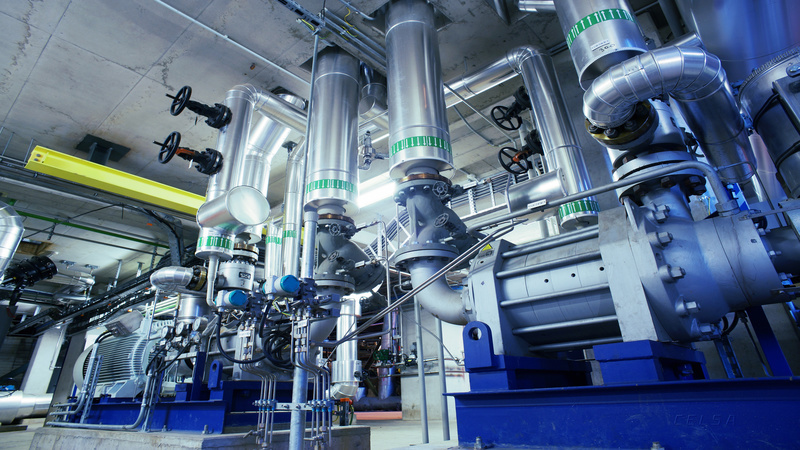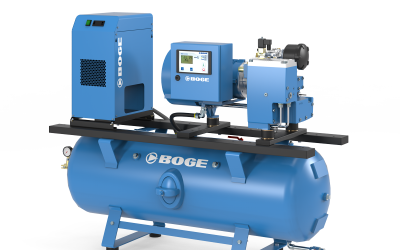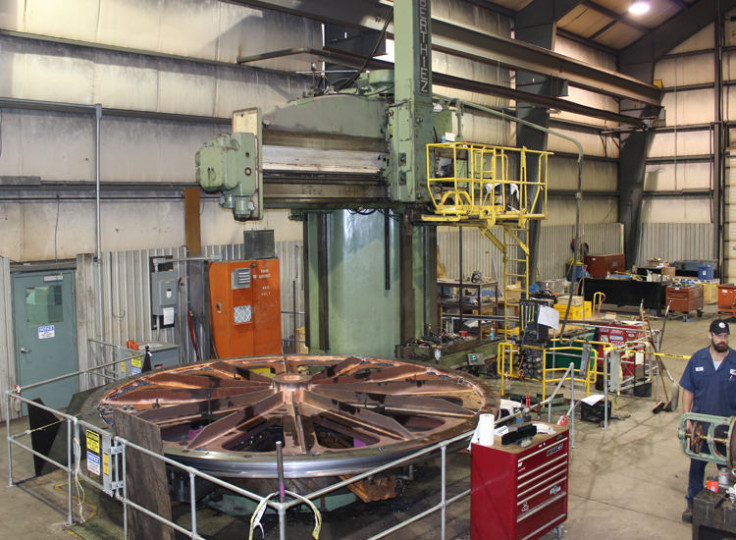There are a lot of different factors to keep in mind when ordering industrial pipe fittings and industrial pipe for any type of job. As a contractor, working closely with the plans and the building codes is always the first step, but there is often more than one type of material that meets the plans and codes for a specific system.
System Parameters
Knowing the system parameters is a critical consideration when choosing the best type of pipe and industrial pipe fittings for any job. There are several important factors in this category, with the pressure, the temperature and the type of media through the system as the crucial components in making a choice.
Temperature and pressure should always be considered at the extreme ends of both high and low. It is a common mistake to consider the average temperature and pressure. All valves, fittings, gauges, and pipe should be rated to handle the highest and the lowest possible to avoid failure, leaks or other complications.
The nature of the media in the system is also important. This is not related to temperature or pressure, but rather how aggressive or corrosive the material may be. This becomes increasingly important in chemical, oil and gas and other types of processing and manufacturing applications.
Compatibility
All industrial pipe fittings should be matched to the type of pipe in use. In other words, do not use different materials, even related materials like PVC and CPVC, together in the system. The compatibility factor also extends to other components and potential issues with where the pipe and fittings will be located.
For example, it is import to understand soil conditions and groundwater issues when running pipe in the ground. The pipe and fittings may meet all system use requirements, but not be compatible with the soil conditions, leading to early failure.


